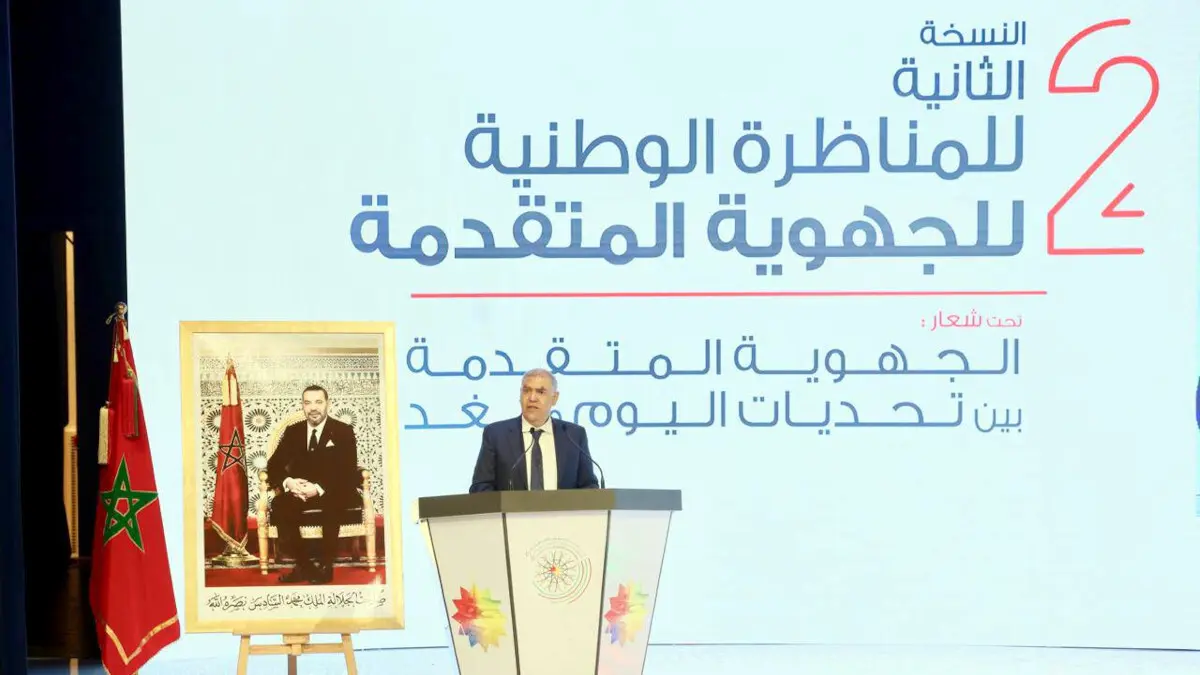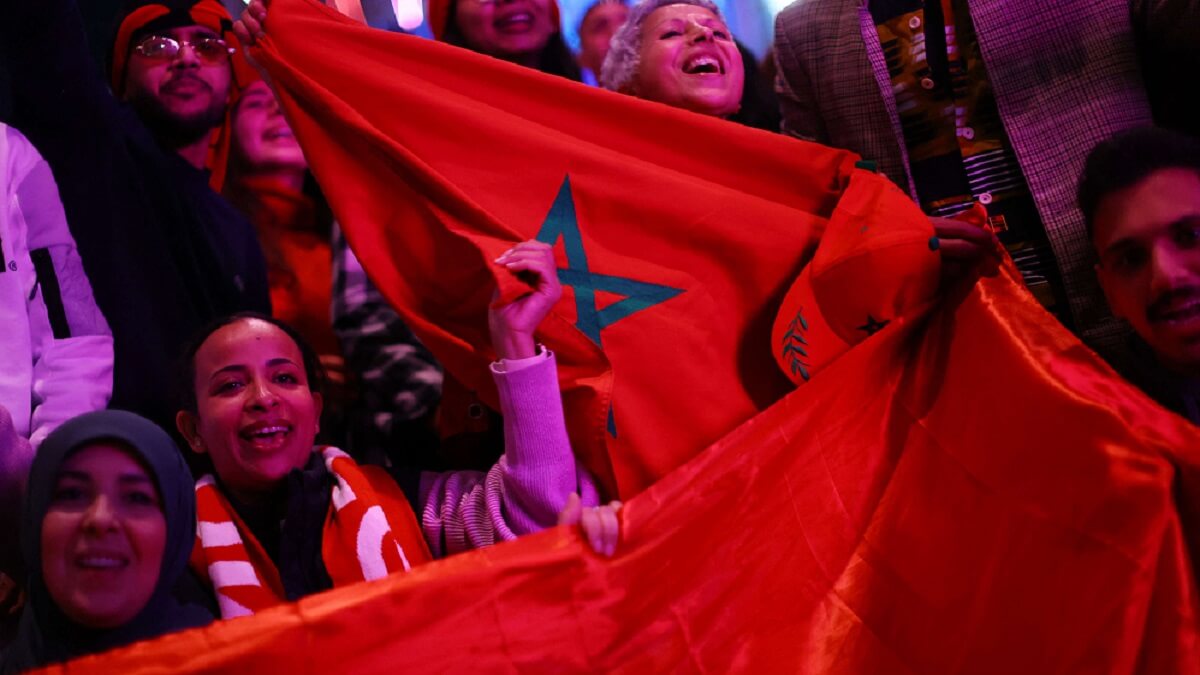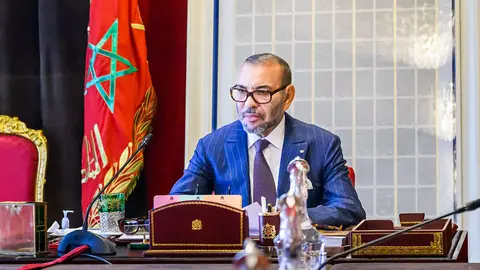Morocco prepares a new electoral code to regain voter confidence

The September 2026 elections are a key moment in Morocco's political and democratic history, which will shape the country's political landscape for the next five years. The state therefore wants to consolidate the country's democratic system and protect the credibility of an electoral process that reflects the will of the people and serves the public interest.
New electoral code
Ahead of elections that the Moroccan press has described as ‘a moment of institutional change’, preparations have already begun with the launch of consultations between political parties and the Ministry of the Interior to arrive at a new electoral code capable of restoring the confidence of Moroccan voters.
After several meetings with political party leaders, Interior Minister Abdelouafi Laftit asked the parties to submit their proposals on the electoral system by the end of August, with a view to establishing a legislative consensus before the autumn parliamentary session on the preparation of the upcoming legislative elections.
In his speech on the occasion of the 26th anniversary of his accession to the throne, Mohammed VI called for the development of a comprehensive, stable, coherent and lasting electoral codification framework that efficiently structures the electoral process, allowing for occasional technical adjustments.
For his part, Laftit invited political parties to submit their proposals for revising the electoral framework, highlighting two key concerns: increasing citizen participation and attracting young and competent elites.

A democratic necessity
As a country undergoing rapid development and continuous improvement of its infrastructure and capabilities, Morocco has no hesitation in updating its electoral code, considering it a democratic necessity that will preserve its international credibility and restore the population's confidence in elections.
This new electoral code will have to address recurring issues such as the vote of Moroccans living abroad, voting methods, electoral boundaries, the balance between rural and urban areas, voter registration and voting procedures in line with international standards.
This is a necessity that will enable Morocco to stand shoulder to shoulder with democratic countries. Indeed, the Moroccan sovereign's message conveyed a high level of national ambition that aims to make this electoral reform a genuine democratisation of the political arena.
The royal speech also provided an accurate diagnosis of the economy and politics in Morocco, making it clear that, despite the country's growth, there are many shortcomings in the distribution of the fruits of development. The first dimension of the electoral need is therefore the challenge of remedying this injustice through a political elite capable of accompanying the transformations, harmonising the pace of development between regions and reducing disparities.
Furthermore, the credibility of the electoral process is considered vital for Morocco's image abroad.
The upcoming elections represent an opportunity to strengthen the democratic and constitutional state and will constitute a further step towards consolidating the legitimacy of the Moroccan autonomy initiative as a solution to the Western Sahara conflict.

A pact of trust
The adoption of a new electoral code seeks to combat phenomena such as clientelist parachuting, vote buying and the selection of candidates without regard for their competence and genuine representativeness, among other practices likely to undermine the credibility of the electoral process.
In order to truly improve the electoral process in Morocco, restore national confidence, reduce the number of grey areas and consolidate the application of ethical values in elections, the North African country must take concrete measures such as the digitisation of registration procedures, the online transmission of results, the possible real-time monitoring of vote counting and greater access for independent national and international observers.
In order to increase the credibility of the process, transparency must be accompanied by a clear political commitment to respect the letter and spirit of the Code, even when it does not suit partisan interests.
Among the issues addressed in the formulation of the new electoral code are the updating of the electoral register, the moralisation and transparency of the electoral process, the participation of women and young people, the financing and regulation of campaigns, and reforms to electoral boundaries based on the latest census figures for 2024.
All Moroccan political parties have welcomed the draft electoral code initiative as a positive sign of renewal and responsible and constructive dialogue. Each party will have to submit its specific proposals on issues such as electoral boundaries, voting systems and campaign financing.
The parties' proposals and contributions will feed into the reform bill to be presented during the autumn parliamentary session, with a view to adopting the legislation by the end of the year.









